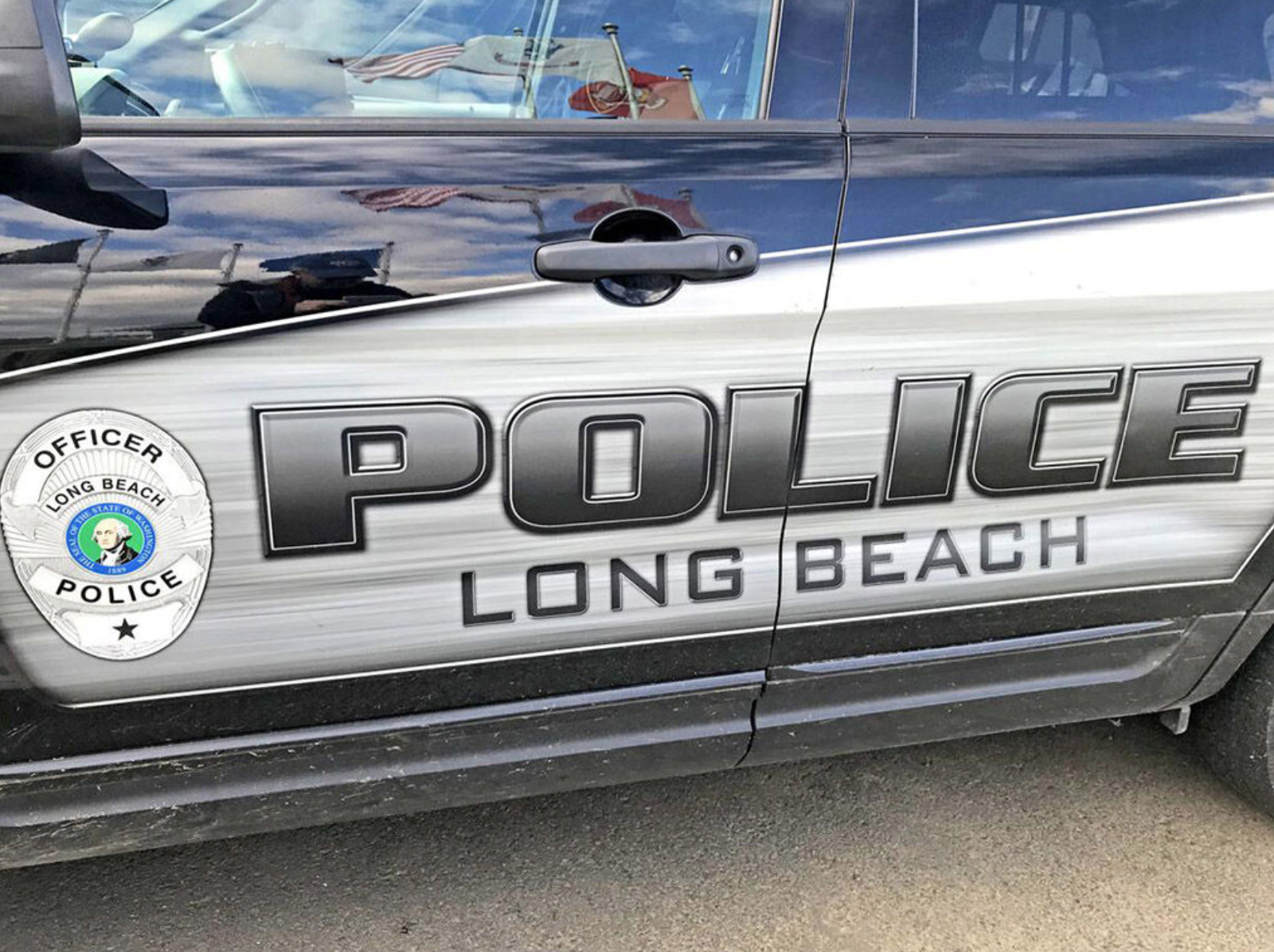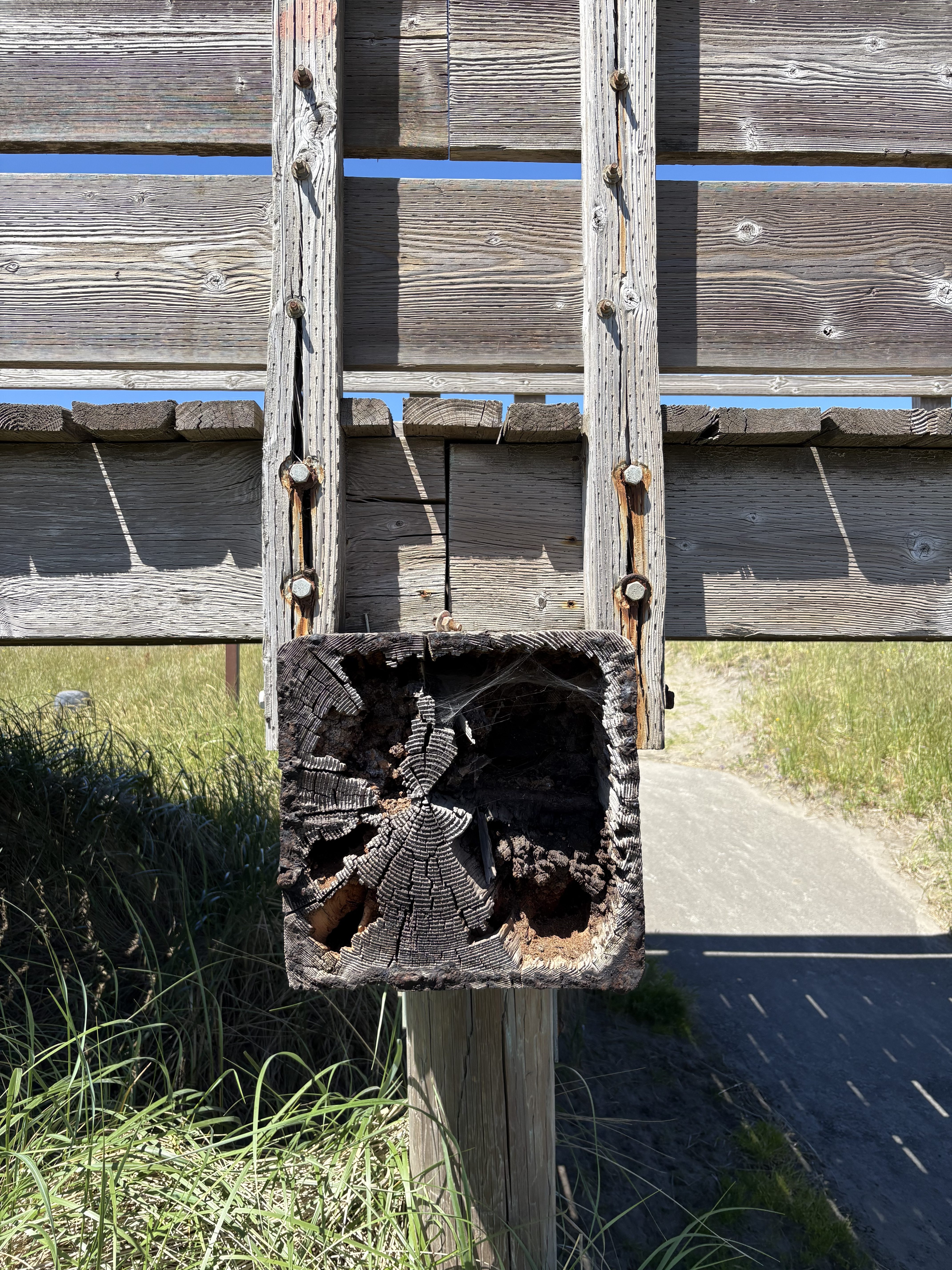Ask a Master Gardener: Fruit tree varieties for Western Washington
Published 4:00 pm Tuesday, February 11, 2003
Question: Bare-root fruit trees are being advertised at local nurseries. How can we tell which varieties will do well here? Do we need a pollinator for each variety?
Trending
Answer: These are certainly timely questions. Most local nurseries and garden stores already have an excellent supply of bare root fruit trees in stock and ready for planting.
Deciding which ones to plant will depend to a large degree on the type of fruit you enjoy the most and to a lesser degree on how much room you have to develop a home orchard. Additional trees for pollination purposes may or may not be required.
WSU Cooperative Extension has a couple of excellent reference sources on developing a home orchard. Publication No. EB 0937, appropriately titled “Tree Fruit Varieties for Western Washington,” provides a wealth of information for the home orchard enthusiast. Well worth the $2.50 cost, the reader will find information on suggested varieties of apples, pears, plums and cherries for our coastal climate. Included are pollination charts, and individual varietal descriptions that are detailed to point of making you want one of each.
Trending
For the apple connoisseur, Publication No. EB 1436 titled “Apple Cultivars for Puget Sound, was written based on research conducted at the WSU Research Station in Mt. Vernon. This publication not only provides colored photos of individual varieties, but also descriptions of fruit flavor, resistance to scab, and mildew diseases and overall productivity. It’s an excellent resource for apple identification. The cost of this 69 page publication is $8.50. Either publication can be ordered by calling the Bulletin Office at Washington State University at (800) 723-1763 or order online at: http://caheinfo.wsu.edu
Question: We found some of last year’s vegetable seed packets in our cupboard. Can we use these seeds this season? Is there a good chance they will germinate if planted?
ANSWER: Most vegetable seeds will remain viable or able to germinate for three years or more when stored properly. A few vegetables, such as spinach, onion and sweet corn, produce seeds that remain viable for a shorter period of time. These would probably be best purchased fresh each year or at least every second year. However, most vegetable seeds can be stored for several years and still exhibit high rates of germination. But storage conditions are very important.
If you are keeping seeds from one year to another, try to keep them as dry as possible. Enclosing them in a glass jar, plastic food storage box, or other airtight container is best. This will keep the seeds dry and will also protect against insect infestation and feeding by rodents. Check the seeds periodically to make sure there is no mold. Discard any damaged or decaying seed. Although refrigeration is not necessary, keeping seeds as cool as possible, but not freezing, will also prolong their life.
On a final note, when you purchase seeds, be sure to read the label and buy only seeds packaged for the current growing season. This will ensure that you are getting the freshest seeds available.
EDITOR’S NOTE: For answers to local gardening questions, contact Master Gardener Rachel Gana at 642-8723 or e-mail her at: baiter1@pacifier.com.









